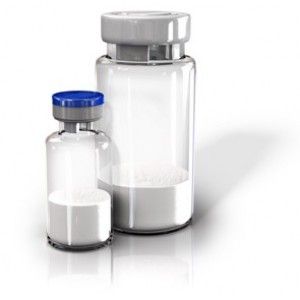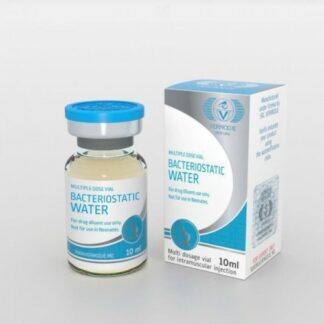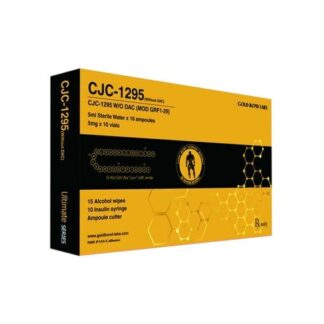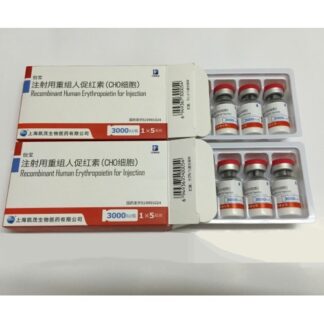Peptides
Showing 1–12 of 36 results
-
 ACE-031
ACE-031Solanbranch (Korea)
Price $500.00 Buy -
 Acetyle Hexapeptide 3
Acetyle Hexapeptide 3Solanbranch (Korea)
Price $200.00 Buy -
 ACTH 1-39
ACTH 1-39Solanbranch (Korea)
Price $450.00 Buy -
 Adipotide FTPP
Adipotide FTPPSolanbranch (Korea)
Price $400.00 Buy -
 BACTERIOSTATIC WATER (Benzyl Alcohol)
BACTERIOSTATIC WATER (Benzyl Alcohol)SC VERMODJE SRL
Price $10.00 Buy -
 BPC-157
BPC-157Solanbranch (Korea)
Price $200.00 Buy -
 Cjc 1295 dac 10 mg
Cjc 1295 dac 10 mgSolanbranch (Korea)
Price $500.00 Buy -
 Cjc 1295 no dac 10 mg
Cjc 1295 no dac 10 mgSolanbranch (Korea)
Price $300.00 Buy -
 CJC-1295 (Ipamorelin)
Price $550.00
Buy
CJC-1295 (Ipamorelin)
Price $550.00
Buy -
 DSIP (Delta Sleep Inducing Peptide)
DSIP (Delta Sleep Inducing Peptide)Solanbranch (Korea)
Price $200.00 Buy -
 EPITALON
EPITALONSolanbranch (Korea)
Price $200.00 Buy -
 EPO – Erythropoietin
EPO – Erythropoietingeneric (China)
Price $430.00 – $750.00 Buy
Showing 1–12 of 36 results
Peptides are smaller versions of proteins. Many health and cosmetic products contain different peptides for many uses, such as their potential anti-aging, anti-inflammatory, or muscle building properties.
Recent research indicates that some types of peptides could have a beneficial role in slowing down the aging process, reducing inflammation, and destroying microbes.
People may confuse peptides with proteins. Both proteins and peptides are made up of amino acids, but peptides contain far fewer amino acids than proteins. Like proteins, peptides are naturally present in foods.
Due to the potential health benefits of peptides, many supplements are available that contain peptides that manufacturers have derived either from food or made synthetically.
Some of the most popular peptides include collagen peptides for anti-aging and skin health, and creatine peptide supplements for building muscle and enhancing athletic performance.
In this article, we discuss the potential benefits and side effects of peptide supplements.
What are peptides?
Peptides are short strings of amino acids, typically comprising 2–50 amino acids. Amino acids are also the building blocks of proteins, but proteins contain more.
Peptides may be easier for the body to absorb than proteins because they are smaller and more broken down than proteins. They can more easily penetrate the skin and intestines, which helps them to enter the bloodstream more quickly.
The peptides in supplements may come from plant or animal sources of protein, including:
- eggs
- milk
- meat
- fish and shellfish
- beans and lentils
- soy
- oats
- flaxseed
- hemp seeds
- wheat
Scientists are most interested in bioactive peptides, or those that have a beneficial effect on the body and may positively impact human health.
Different bioactive peptides have different properties. The effects they have on the body depend on the sequence of amino acids they contain.
Some of the most common peptide supplements available are:
- Collagen peptides, which may benefit skin health and reverse the effects of aging.
- Creatine peptides, which may build strength and muscle mass.
Some people may take other peptides and peptide hormones to enhance athletic activity. However, the World Anti-Doping Agency have banned many of these, including follistatin, a peptide that increases muscle growth.
